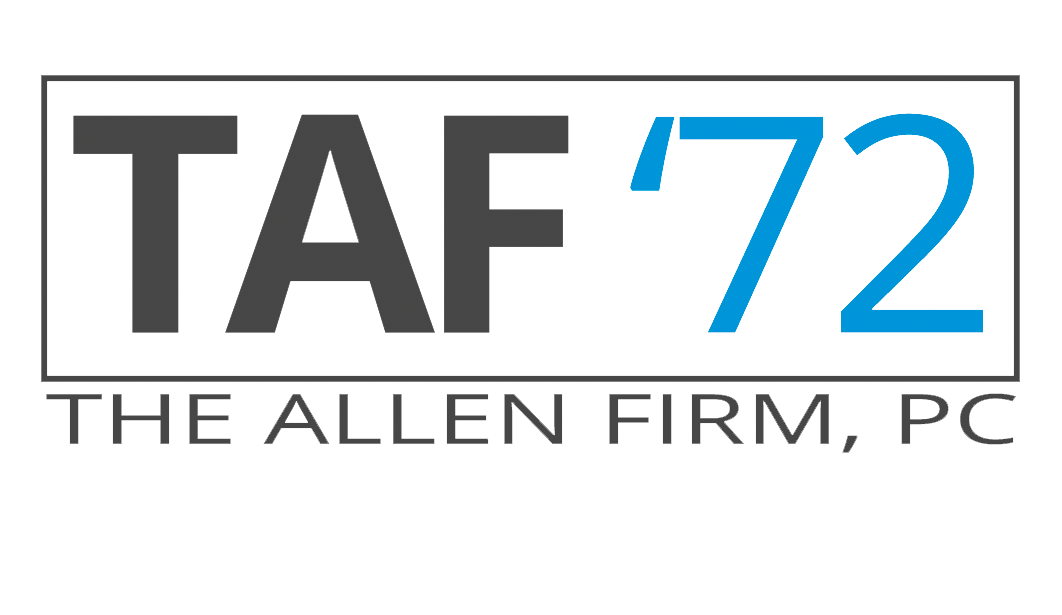If you are looking to build your next home or are in the business of building homes, read this blog post carefully. In residential construction contracts (contracts between a contractor building a residence and the homeowner), there are certain implied warranties which are not expressly stated in the contract. An implied warranty is a warranty that is not found in either an oral or written contract, but rather courts apply it out of fairness to the parties.
There are two types of implied warranties inherent in residential construction contracts:
(1) the Implied Warranty of Good Workmanship and (2) the Implied Warranty of Habitability.
Implied Warranty of Good Workmanship: The Implied Warranty of Good Workmanship provides a warranty to the owner that the construction, repair or modification of existing property will be performed in a “good and workmanlike manner.” “Good and workmanlike” means the quality of work must be equal to the work performed by someone “who has the knowledge, training, or experience necessary for the successful practice of a trade or occupation” as judged by someone “capable of judging such work.” Generally, this warranty cannot be waived in the contract, unless the agreement sufficiently describes the manner, performance or quality of the construction and the court determines that the owner knew and intended to waive the warranty of good workmanship. In the typical situation this warranty will not be waived. The Implied Warranty of Good Workmanship governs the actual performance of the contractor. Therefore, even if the contractor’s work does not impair habitability, if he fails to perform good work the owner may have a cause of action against the contractor.
Implied Warranty of Habitability: Unlike the first warranty, the Implied Warranty of Habitability cannot be waived by the contract and is inherent in the residential construction contract. The Implied Warranty of Habitability requires good and workmanlike performance by the contractor resulting in habitability in the residence. Specifically, the contractor warrants that the building that is constructed for residential use is safe, sanitary, and fit for human habitation at the time of the sale of the new house. This warranty is also extended to subsequent purchasers of the residence should they discover any latent defects. A latent defect is a fault in the property that could not have been discovered by a reasonable thorough inspection. These latent defects must be the type of defect that would render the house “so defective that it is unsuitable for its intended use as a home.”
Contractor’s Defense: The contractor has all applicable contract defenses. One of the strongest arguments available to the contractor is the defense that the defects are not attributable to the original construction. The contractor would seek to prove that “there has been a substantial change or alteration in the condition of the house since the original sale, misuse, or that the defects could have been discovered by reasonably prudent inspection of the house.” While this might seem like a difficult burden for the owner to overcome, this warranty also holds the contractor strictly liable for the adequacy of the completed structure. Hopefully, no matter which party you are, there aren’t any defects to the residence. In the event of a substantial defect, whether you are the contractor or the homeowner, it is necessary to know what kind of responsibilities you may be faced with and what remedies the law can provide.
THE TAKEAWAY: It is good for both contractors and homeowners to know the terms that are inherent in your contract even though those terms may not be explicitly stated. Sometimes the best defense in construction projects is a good offense. When choosing a contractor get recommendations, interview the contractor in person, and put it in writing. While the cost of the construction project should be a consideration, paying a little more for a well-recommended, qualified contractor may help you avoid headaches and expenses down the road.
– The Business Team
Scott | Josh | Jeremy
The Allen Firm, PC
181 S. Graham Street | Stephenville, Texas 76401
Ph: 254.965.3185 | Fax: 254.965.6539
The Allen Firm, PC is composed of a team of attorneys located in Stephenville, Texas. Our mission is to improve people’s lives by providing reliable and practical help with their legal matters while operating under our values of honoring people, operating with integrity and striving for excellence. We offer help in forming businesses or companies, estate planning, lawsuits, real estate, probate, oil and gas, collections, agriculture, bankruptcy, family law, and accident and injuries.

